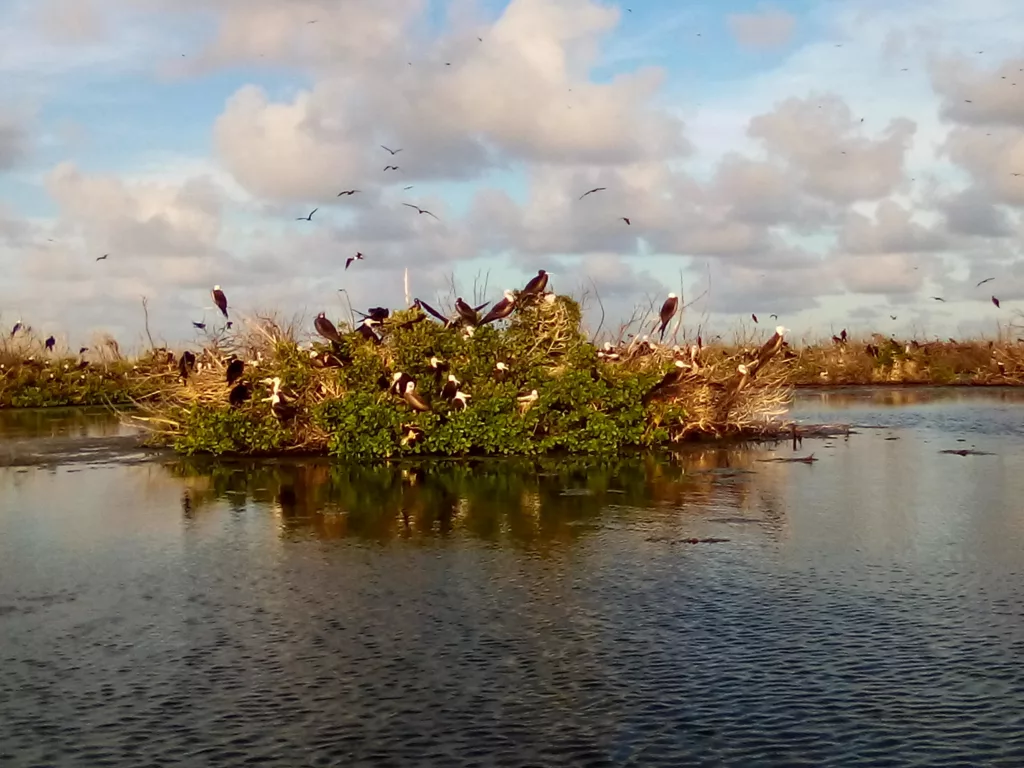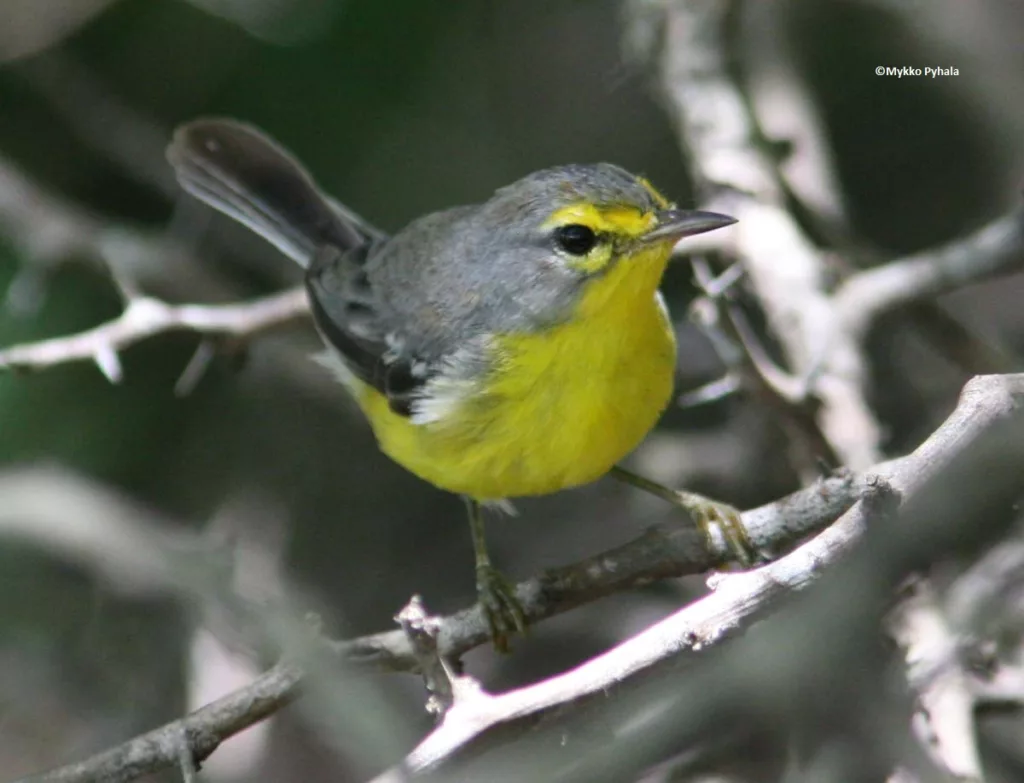Often overlooked, and in many cases seen as a nuisance, wetlands are vital components of Earth’s various ecosystems, providing irreplaceable support for biodiversity. Because of this, we need to take actions to reverse the loss of wetlands.
The Ramsar Convention describes wetlands as “areas of marsh, fen, peatland or water, whether natural or artificial, permanent or temporary, with water that is static or flowing, fresh, brackish or salt, including areas of marine water the depth of which at low tide does not exceed six metres”.
A recent assessment on biodiversity and ecosystem services identified wetlands as the most threatened ecosystem. There are estimates that 35 percent of the Earth’s wetland area has been lost during the period 1970 to 2015. Twenty-five percent of wetland species are threatened with extinction, including water birds, freshwater-dependent mammals, marine turtles, and coral-reef- building species. Wetlands have been disappearing faster than forest areas. But why do they matter?

Wetlands are cradles of biodiversity, serving as homes and breeding grounds for 40 percent of all plant and animal species on Earth. This is despite them being believed to cover only 6 percent of the Earth’s surface area. That’s nearly half of the Earth’s inventory of plant and animal species being supported by just one of the Earth’s many different types of ecosystems.
Wetlands help to improve water quality by removing pollutants. When water passes through wetlands, its flow slows, allowing sediment to settle to the bottom of the waterways. Sediment may often contain contaminants that are harmful to plants and animals. However, as the sediment layer builds up, it traps these contaminants, removing them from direct contact with flora and fauna.
Wetlands help to regulate the climate, storing large quantities of land-based carbon that otherwise would contribute to the global increase in atmospheric temperatures known as the greenhouse effect. Wetland sediment traps organic material in the form of eroded soil, leaves, and other matter from plants, trees, and animals. The organic material decomposes at a slower rate, especially in coastal wetlands, because of saltwater’s ability to kill most microbes that would produce carbon dioxide while they consume the material. Also, wetland soils tend to trap much of the carbon dioxide and other greenhouse gases that are produced during decomposition.

Wetlands also provide protection against the elements. They control flooding, as their soil absorbs and stores water runoff from torrential rain conditions. Coral reefs and mangroves form natural barriers against storm surges, hurricanes, and tsunamis. Without their protection, coastal communities – and quite possibly communities much further inland – could find themselves bearing the full force of these destructive occurrences. This also helps to preserve biodiversity, especially in areas where the population of certain species is so dangerously low that a single disaster could wipe them out. A great example right at our doorstep was the concern that the Barbuda warbler – a species of bird found only in Barbuda – could have been wiped out due to the passing of Hurricane Irma in 2017.
Wetlands provide jobs and livelihoods for people: fishermen, tour operators, hotels use them as part of their attraction for nature watchers, to list a few. It is said that over 1 billion individuals make a living from wetlands. As mentioned above, wetlands are breeding grounds and homes to many species of plants and animals, many of which are sought after as sources of food and income.
The continued loss of wetland area to unhealthy human activity such as pollution and conversion for non-sustainable development, puts an immense strain on the Earth’s biodiversity inventory. Many plant and animal species are put at risk of extinction, especially if these wetland areas are the only places they can be found. Each species has a role to play in maintaining ecosystem balances which in turn support human health and well-being. With wetlands being able to sustain nearly half of the world’s species, it’s important that we preserve them because our quality of life depends on it.

